MEAT, POULTRY AND GAME
The meat of animals, poultry and game is the principal source in the human diet of complete protein, and is a good provider of many B vitamins and minerals; lean meat, for example, is a good source of manganese, potassium and selenium; red meats (beef, lamb, pork, venison) contain a lot of iron. Offal, especially liver, is a good source of iron, copper and iodine, and is rich in B vitamins. All meats contain saturated fat. Game is often lower in this than farmed livestock.
Absorption of copper from goose liver (foie gras) is higher than from goose meat; women are able to absorb far more copper from goose liver than from other sources of foods.
NUTS AND SEEDS
Nuts and seeds contain incomplete protein, essential fats, many nutrients and vitamins. The same applies to the oils pressed from them. In the diet, their fats help to slow absorption of sugars. Almonds are rich in protein, essential fats and some of the vital B vitamins. They are also good sources of zinc, magnesium, potassium and iron. Brazil nuts and chestnuts are rich in vitamin B1. Coconut has rich fats, but these are well digested, as the flesh contains minerals to assist with its own metabolism. Hazelnuts are a rich source of vitamin B1. Pine kernels contain essential oils as do peanuts (B1 and niacin too) and pumpkinseeds. Sesame seeds are rich in Vitamin E and essential fats, and contain a sulphur-rich amino acid, which is a useful protein source. Sunflower seeds are rich in niacin and Vitamin B6. (Sprouted seeds are healthier still, containing Vitamins B1, B2 and C; alfalfasprouts have E as well, and are reputed to reduce cholesterol significantly.) Walnuts, particularly those grown in the West, are a good source of Vitamins E and B (young green fruits contain C).
OILS
Organic and cold-pressed oils are a good source of essential fatty acids and, although they contain calories, are healthy, particularly the mono-unsaturated oils such as olive oil. Most oils are rich in Vitamin E. Cold-pressed extra virgin olive oil is the very best of all for flavor and properties (it plays a huge part in the benefits of the Mediterranean diet). Keep all oils away from light so they do not denature.
PULSES
Pulses or legumes (peas, chickpeas, beans and lentils) are the dried seeds of members of the Leguminosae family, and are very nutritious because, like grains and seeds, they contain everything for the next generation of plants. They are rich in vegetable protein, which is incomplete (apart from the Soya bean). They contain little fat, and are good sources of B vitamins, particularly B6 and folate, calcium, copper, iron, potassium, magnesium and zinc. They are good dietary carbohydrates as well, providing dietary fibre, which helps gastrointestinal function. Beans can lower cholesterol. Soya beans are as near to a complete protein as is possible in the vegetable kingdom, and possess natural estrogen-like properties, which help symptoms of the menopause and may help protect against cancer of the breast.
All pulses, apart from lentils, contain toxic substances, which must be inactivated by correct cooking.
SEAFOOD
Fish and shellfish are high protein foods. They also contain fat-soluble vitamins, many minerals (particularly iodine, phosphorus and sodium), and essential fatty acids. Canned fish with edible bones are a rich source of calcium. Oily fish and oysters are rich in B vitamins, iron and zinc. Sardines are also rich in iron, and tuna in niacin. Shellfish are a good source of chromium and copper.
VEGETABLES
All vegetables contain good carbohydrate and many fibrous components for effective intestinal transit. They are also rich in minerals and vitamins, and are amongst the most vital elements for health. Red and yellow vegetables in particular contain carotenoids, among them beetroot, carrots, sweet and chili peppers, pumpkins and squashes, sweet potatoes and tomatoes. The darker green and leafy vegetables also contain rich nutrients, particularly Vitamins A and C; spinach, for instance, is a rich source of calcium, copper, iron, magnesium and bioflavonoids. Artichokes can help balance intestinal flora, and asparagus contains an active compound which is beneficial for the liver and kidneys. The dark skin of aubergines contains bioflavonoids, which can prevent the formation of ‘plaque’ in blood vessels, and hence reduces angina and the risk of stroke. It can also help to lower cholesterol. Fresh beans contain many of the principles of their dried counterparts, as well as Vitamin C.
The cabbage (cruciferae) family includes red and green cabbage, broccoli, Brussels sprouts, cauliflower and kale, all of which contain Vitamin C and sulphur and are said to have anti-cancer properties. An over-usage of them can be a problem, so although they are superfoods, they must be eaten in moderation.
Onions are rich in alliins; the active sulphur compounds in garlic, leeks, shallots and other members of the Allium family, and is widely believed to protect against cancer and cardiovascular disease. Onion also has blood sugar, blood pressure and cholesterol lowering effects. It is anti-inflammatory and enhances the immune system.
Pepper, both sweet and chili, are rich in Vitamin C and beta-carotene. The hot oils in chili peppers can be digestive, but should be used in moderation. Potatoes contain potassium, and good amounts of fibre in the skins. Seaweed contains iodine and niacin. Tomatoes are particularly rich in vitamins, bioflavonoids and iron, so are good for the blood and nervous system, and help protect against cancer.





